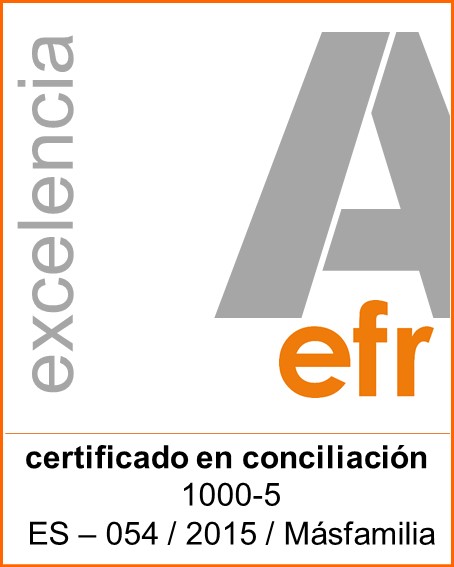Engaging with a good consultancy firm for Facility Management processes and strategies determines part of a company’s success. Below are some key aspects that should be assessed.
What distinguishes a good consulting firm?
The answer to this question depends largely on the area involved. A financial adviser should offer a solid backbone with reliable investors together with consistent proof of being able to deliver profitability and other benefits over time. A company offering advice on medical issues should be familiar with the best professionals worldwide and have access to their services, which at times is no easy matter. A legal advisor should be able to demonstrate that they can win cases, is knowledge about numerous lawsuits and jurisprudence, and understands how the system works or how far it can be bent without breaking the law. Ultimately, every field requires certain specific elements, and understanding these elements will help you choose the right partner who’ll aid you in your cause.
Facility Management also has its own points of analysis which relate to the activities of the discipline that encompass aspects as diverse as space, sustainability or maintenance. The main difference here is that there may be different objectives for the same area. Wanting to make savings is not the same as wanting to improve customer satisfaction, expecting more commitment or increased risk transfer from the supplier. You can’t have your cake and eat it; you have to prioritise, so having a good consultant is key. Every company’s different, even if they’re in the same sector, and this requires particular attention.
There are three aspects that must be taken into account when choosing a Facility Management consulting firm, and putting them in order of importance is no simple task.
No commercial ties
For us, the first key aspect is independence, because it’s more difficult to maintain. As consultants, we tell a client whether or not they fit into a space (and how), what kind of service supplier best adapts to their needs, or whether they need a tool and which one to choose, always in an objective and justified manner. Therefore, it wouldn’t be professional to recommend a bigger or smaller surface area if we have offices in our portfolio, or to favour a software or other supplier, or even worse, to put yourself forward as a candidate to provide the service. The fees some decorators charge for the furniture they order for their clients are exorbitant, since it’s in their interest to order as much as possible, regardless of whether the client needs it or not.
Being familiar with a host of scenarios
The next aspect to assess when choosing a Facility Management consulting firm is diversity and range of knowledge. You need to be familiar with many cases of different companies in different countries and have experienced those models for a certain amount of time, learning how they develop. When you have lots of ingredients and have seen how your diners enjoy them, you can create the best recipe. Sometimes, people who have worked at the same company for years leave and become consultants, but what they do is replicate the only model they’re familiar with wherever they go, disregarding whether it’s suitable or not. We’ve seen one Facility Management model used at a bank and then the same one at an energy company in another country. The result is pretty obvious; after a few months, both fail because it was a model for a different type of company and it was also obsolete. It’s a pity that it’s usually the Facility Manager, not the consultant, who takes the blame.
Future trends
The third aspect to take into account is how good the company is at forecasting the future. Granted, it’s necessary to plan what the client needs today, but this should be done while understanding and taking into account where we’re heading. You can’t sell or design something that you know will phase out quickly. Nor can the best or most advanced solutions be avoided because you don’t know enough about them. A good Facility Management consultant wouldn’t do that, so dedicating resources to research is a good indicator that distinguishes good professionals from the rest.
Obviously we can identify more factors, but ultimately, just like with financial advisors, doctors or lawyers, sometimes there’s no reason why the first company you come across or the friend of a friend is your best partner, and it’s worth analysing and assessing well before choosing your ideal consultancy firm.









